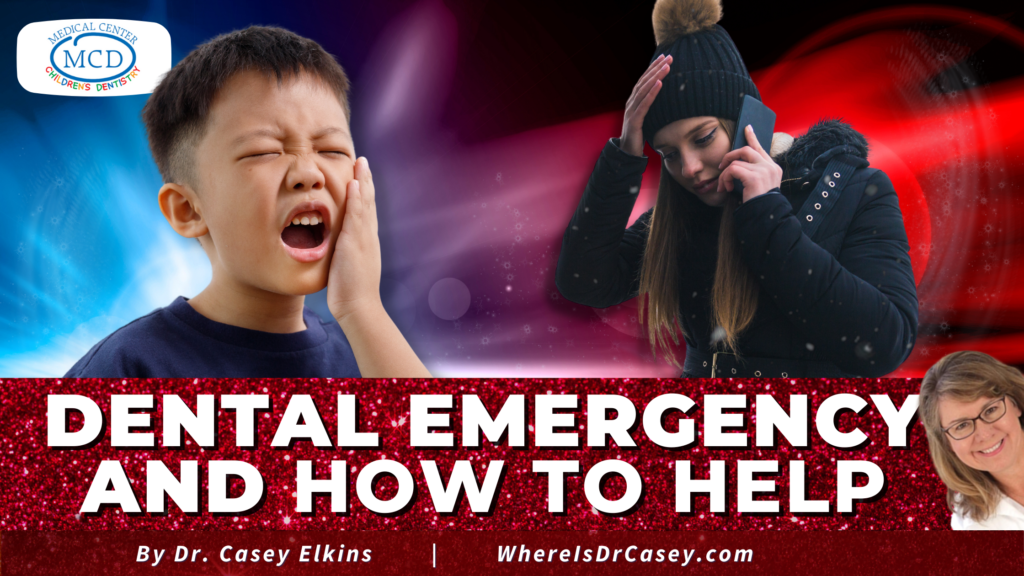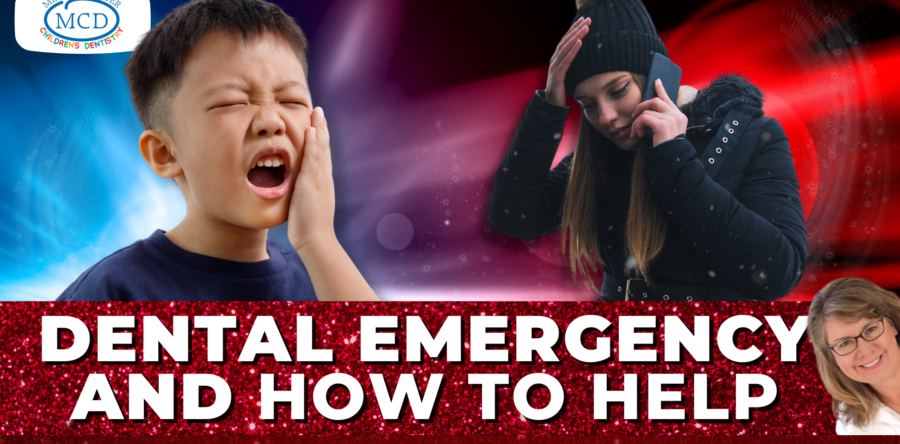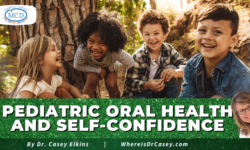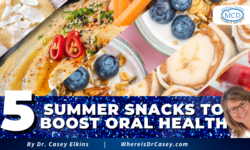
Being a toddler is a thrilling time for both child and parents but in very different ways. Toddlers are typically focused on exploration and gaining mobility. For parents, it can be a balancing act between celebrating their child’s accomplishments and success, while also worrying bout their safety. Simply put, toddlers keep parents on their toes. Before this age, dental emergencies aren't really on parents' minds. That quickly changes!
As children begin walking and ultimately running, they by nature become more susceptible to accidents. It is undeniably a part of the process of growing up. We are very aware of this, of course. However, these falls and bumps, especially if they involve hard objects can damage a child's teeth.
If left untreated, as some do, these dental injuries can lead to infection. These infections can be in the mouth, as well as other places such as the ears, sinuses, and brain. They can lead to the loss of teeth, which then ultimately, lead to costly dental restoration.
It is vital to have a Dental Emergency Plan in place and a Dental Office you can trust in emergency moments. Using your trusted and established dentist for your child’s dental needs is ideal. That way they already have your family's dental history in case an emergency should arise.

There are a variety of dental and oral injuries that are considered "emergencies." A dental emergency can be any traumatic injury to the mouth that results in significant bleeding. The first thing a parent should do in the event of any dental issue, emergency or not, is to remember that they can always call their pediatric dentist, Dr. Casey at Medical Center Children's Dentistry.
It doesn't matter how mild or severe the injury is you can always call to figure out what the best thing to do next is. Our staff will walk you step-by-step through the actions you need to take in order to best assist your child. If there is bleeding, significant pain, swelling, or a fever... or if you simply doubt whether or not their child needs immediate treatment – just pick up the phone and give us a call.
In today’s smartphone-enabled world, we can ask parents to take a quick picture of the injury and text it to us. That way, we can determine the extent of the damage and answer any questions they might have prior to their visit. This also gives us the opportunity to redirect a patient to the Emergency Room, should they need more extensive, emergency care.
Any easy way to be sure that you or anyone who may be watching your child know what to do in case of a dental emergency, here is a printable and downloadable PDF that can assist in offering aid to a child in the event of a dental emergency.

As a pediatric dentist with over 25 years of experience, Dr. Casey Elkins has treated a variety of dental injuries. One of the most common injuries is when a child chips their teeth or sometimes entirely knocks the tooth out. In these situations, there are different steps to follow depending on whether or not the affected tooth is a baby tooth or a permanent tooth.
If the child sustains an injury resulting in a chipped front tooth, regardless of whether it is a baby or permanent tooth, immediately rinse the child’s mouth with water. If there is any bleeding, apply a cold compress to minimize that bleeding and reduce any swelling.
You should save any tooth fragments you’re able to find and bring them with you to the pediatric dentist. Keep the tooth in either fresh milk or water. Depending on the age of the child, the type of tooth, and the severity of the injury there may be some options for cosmetic repair.
In some instances, a dentist may be able to reposition those teeth to minimize the chances of premature tooth loss. This can happen if a toddler displaces, or knocks out, one or more of their four front baby teeth. These displaced teeth will need to be monitored periodically by the pediatric dentist for signs of infection that might affect the developing permanent teeth.
In the cases where a child's permanent tooth is knocked out, the best option is to immediately replant the tooth immediately back into the socket. For this option to work, the less time the tooth is out of place, the better. If you feel comfortable attempting to replant the tooth, hold the tooth by the crown (the top white part) and assess to be sure it is not dirty. If it is dirty, wash it briefly under cold water. Be sure to close any drains in the sink for safety. Once you are sure the tooth is clean, put the tooth into the socket and have your child hold it in place by biting on a piece of gauze. If you’re unable to replant the tooth, store it in cold milk as you head immediately to your child's pediatric dentist. This will help give the tooth the best opportunity for reattachment on its own with minimal intervention.

If your child or a child you know experiences any kind of dental emergency, remember to remain as calm as possible to lessen their anxiety. Children oftentimes take their emotional cues from the adults that are around them! So if you keep a calm demeanor it usually helps everyone around you as well. The calmer we all are, the better we all are at reacting in emergency situations. The primary concern in all emergency situations is to control any bleeding, preferably with clean, wet gauze or a washcloth.
Most public buildings, businesses, schools, and government offices have emergency kits. Many private citizens do too! If kept up-to-date and stocked, these kits should have the supplies needed for more dental and non-dental emergencies. These kits are usually marked with emergency signals such as a medic cross or a safety warning sign.
In the moment, dental emergencies can be scary, but acting quickly is vital! It can potentially save a tooth, prevent oral infection, and may even reduce the need for extensive dental treatment in the future. Never hesitate to call your pediatric dentist if you don’t know what to do. At Medical Center Children's Dentistry, we always have staff on call to assist our patients in the case of a dental emergency so never hesitate to contact us. We encourage all our patient's parents to call us if they have any questions or concerns, no matter what time it is!







16 Responses